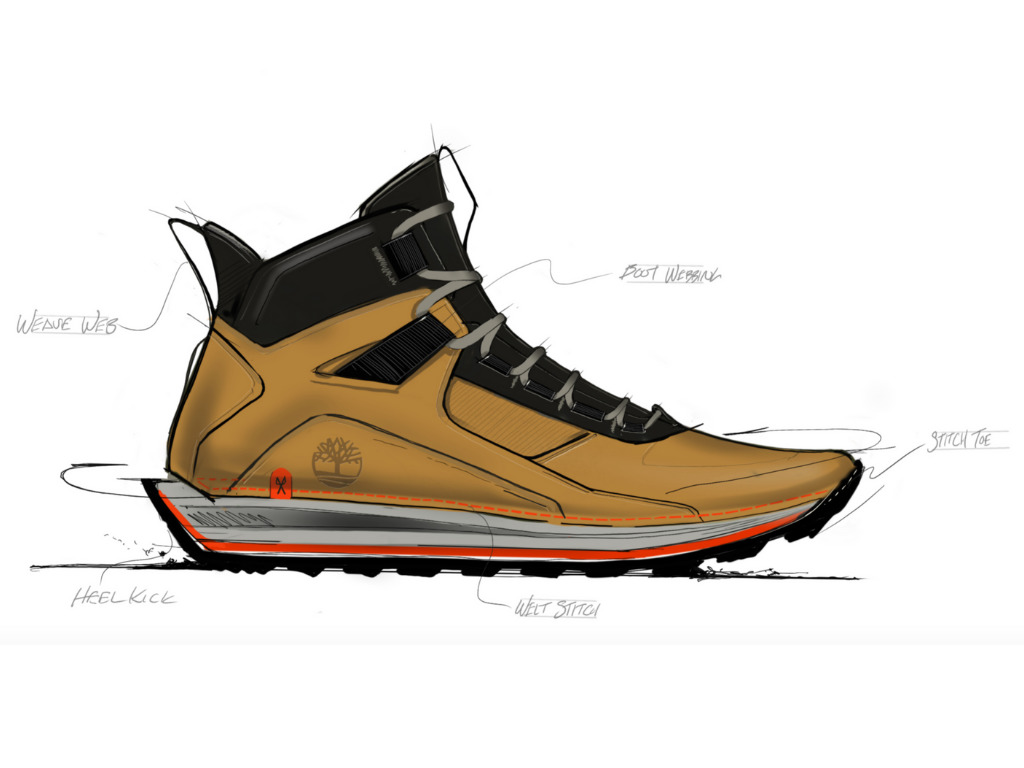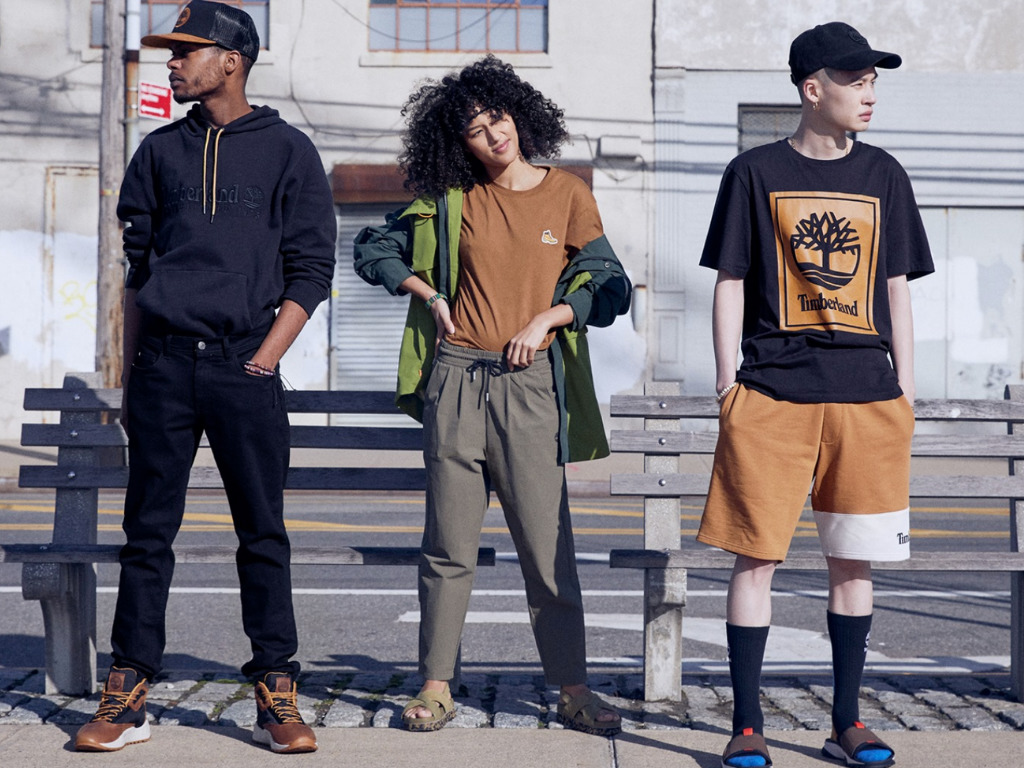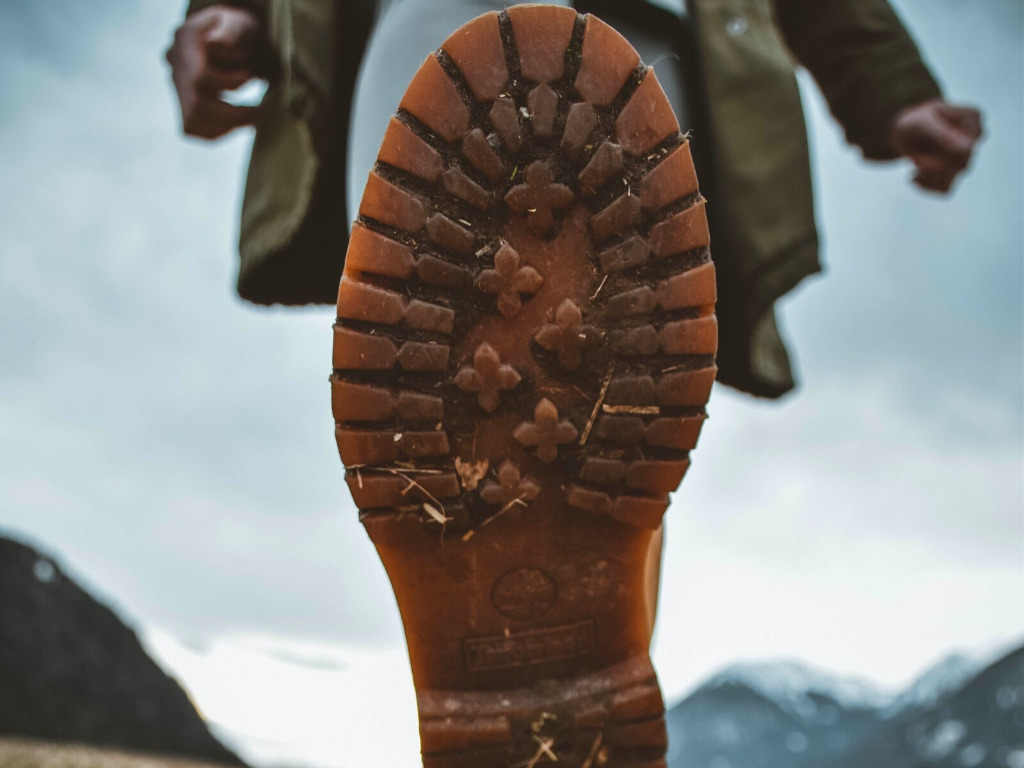3 Mins Read
Even the best hiking boots can take a beating. But before you throw your Timberlands out, you might want to check out Timberloop, the new take-back program launching online and in stores across the U.S.
Outdoor giant Timberland says it will take back used footwear, clothing, and accessories to refurbish, recycle, or reuse in new products. The move is part of Timberland’s ambitious goal of total circularity across its product offerings by 2030.
“Timberland products are already designed to be durable and long-lasting, and I love the idea of extending that even further with a second life outside the landfill,” Susie Mulder, global brand president for Timberland, said in a statement.

“With the growing awareness of environmental issues and personal consumption choices, I believe our community will be as excited about the Timberloop program as we are. This is a huge step as we work toward our vision of a more equitable and green future.”
The brand has installed recycling boxes in its stores or consumers can print out free shipping labels to mail back the products in any condition.
Circularity
The company says customers who send in their used Timberland items will receive a ten percent discount toward future purchases. Its hope is the concept will be effective enough that it can scale and support new production by its 2030 target.
Items that can be resold will find a home on the secondhand shop on Timberland’s website. Items that can’t be resold will be used for parts in a partnership with ReCircled, a platform that disassembles and routes materials to respective industry recyclers.
According to Timberland, many of these recyclers are now in the company’s supply chain, offering new materials from the recycled parts. ReCircled also works globally, which fits with Timberland’s expansion plans.
The take-back program concept isn’t new; a number of brands including Levi’s, Madewell, Patagonia, and Reformation offer similar incentive programs.

Last year, footwear giant Nike launched its first resale program.
Circularity aims to keep products out of a linear production system where items are thrown away; through buyback and refurbishing programs, companies can continually recycle products into new items or new materials. This reduces the need for new materials and can improve the carbon footprint of the fashion industry—one of the biggest drivers of climate change.
Fashion resale
The resale trend is already booming in the fashion industry as consumers seek out secondhand luxury items at more affordable prices and as a means to reduce purchases of new items.
Timberland says it’s also launching a new eco-formulated shoe, targeted to coincide with Earth Day on April 22nd. The new Timberloop Trekker City Hiker is designed with circularity in mind. The company says the shoes boast “sneaker-like comfort” and a progressive outdoor look. The design allows for easy disassembling of the outsoles for recycling.
Known for its yellow work boots, Timberland says it’s now focused on a vision for a greener, more equitable future. This, the company says, is part of a decades-long commitment to make products responsibly while protecting nature and strengthening communities. Part of its environmental commitment includes planting 50 million trees across the globe by 2025.
Photo by Stephan Seeber on Unsplash



